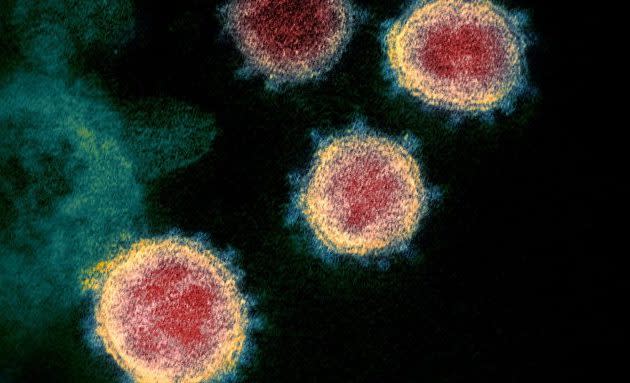Omicron Variant Accounts For At Least 50%-70% Of New Covid Cases In California, Likely More

“Fifty percent of all of the sequenced genomes identify themselves as Omicron,” said California Governor Gavin Newsom on Wednesday. He was speaking of the positive Covid tests and wastewater in the state that have been examined for new cases of the variant. Newsom then hinted that numbers to be released today would be even higher.
“We know it’s well north of that,” he said.
More from Deadline
A statement from the California Department of Public Health this afternoon revealed more specific data.
“At least three health systems in California have reported approximately 50-70% of Covid-19 cases are consistent with Omicron,” according to CDPH. That’s consistent with national data that attributes 73% of all new cases to Omicron. The statement also seemed to indicate that the actual California number could be higher.
Is Broadway Doing Enough To Fight Omicron? Deadline Asks The Experts
“Genetic sequencing does not represent real-time data,” read the report, “as sequencing generally occurs several days or more after initial tests are positive for Covid-19.”
Cases in general have been on the rise since Omicron was first identified in the state on December 1. Ten days ago, on December 12, the state recorded 3,898 new cases. Today, that daily new case number stood at 15,485, marking a near 400% increase over that 10-day period. The 7-day average test positivity rate has nearly doubled, from 2.2 to 4.2 over the same short period.
CDPH:
Overall, clinical and wastewater data indicate that Omicron cases are present in most regions of the state indicating that there is likely community transmission. Mutations consistent with Omicron variant have been detected at increasing proportions in wastewater in multiple regions throughout California where wastewater surveillance for SARS-CoV-2 is conducted. At least three health systems in California have reported approximately 50-70% of COVID-19 cases are consistent with Omicron (full sequencing results are pending). This is consistent with CDC reports of estimates of at least 70% of cases nationally. Additionally, genetic sequencing does not represent real-time data, as sequencing generally occurs several days or more after initial tests are positive for COVID-19.
Best of Deadline
Sign up for Deadline's Newsletter. For the latest news, follow us on Facebook, Twitter, and Instagram.